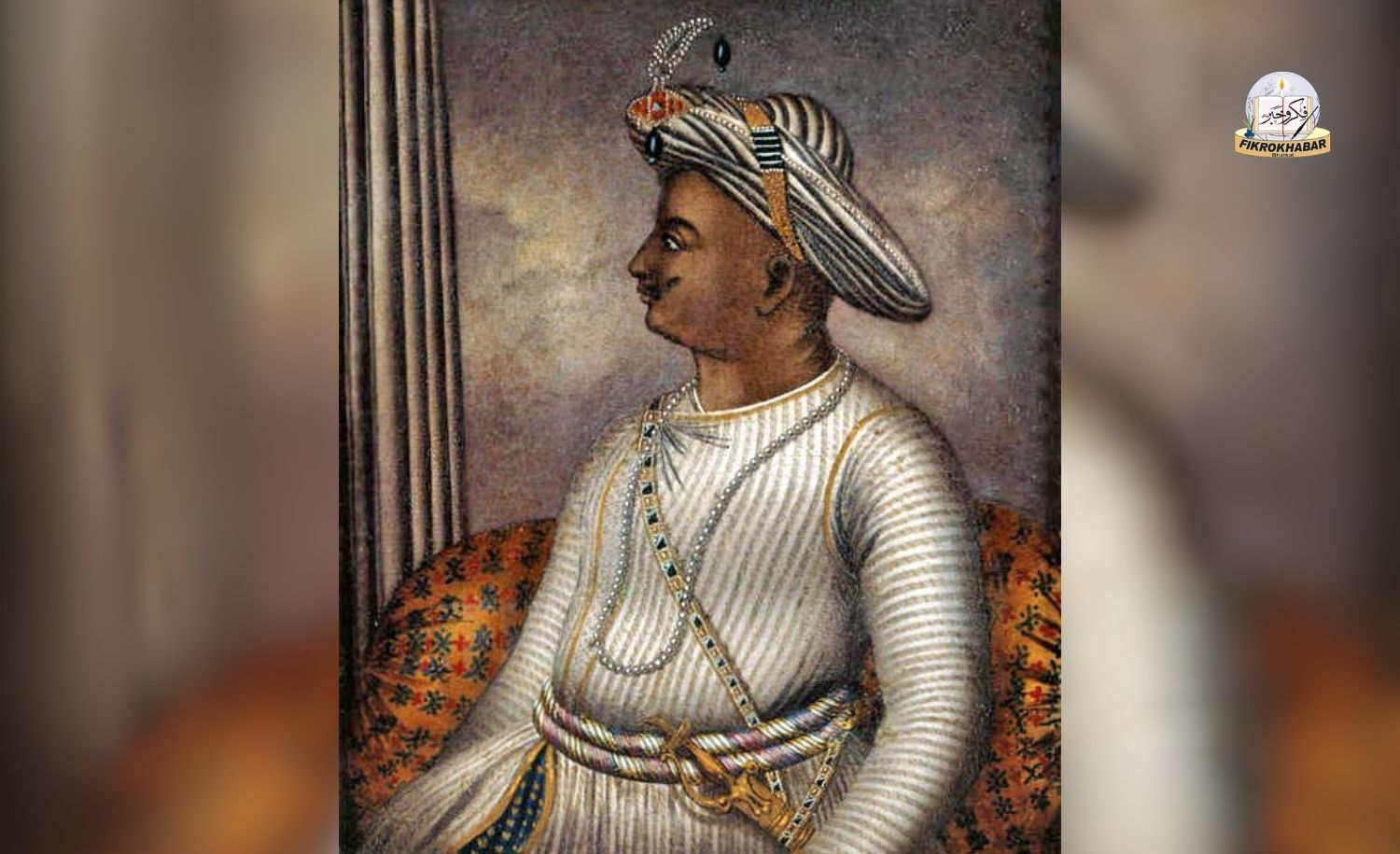Justice for Dogs, Delay for Activists: Unequal Urgency in India’s Courts

By Ajaz Ashraf
Senior Journalist and Author of Bhima Koregaon: Challenging Caste
When the Delhi High Court rejected the bail applications of nine Muslim activists on September 2—five years after they were jailed under the Unlawful Activities Prevention Act (UAPA)—I expected some public outrage. After all, just weeks earlier, on August 11, the Supreme Court faced heavy criticism for ordering the removal of stray dogs from Delhi and surrounding cities. The outcry was so strong that within just 11 days, the Court reversed its order, calling instead for sterilised and vaccinated dogs to be returned to their localities.
The contrast between the quick response for dogs and the slow progress for jailed activists is hard to ignore. The Supreme Court cited the need to balance public safety with the “right of stray dogs to live on the streets.” Yet, the rights of nine human beings—most of them young Muslim activists accused of organising peaceful protests against the Citizenship Amendment Act (CAA)—remain in limbo, despite no trial having started.
Their bail applications have been delayed for years, shuffled between benches, and repeatedly stalled by procedural hurdles. In some cases, judges recused themselves; in others, they simply didn’t deliver orders for months, only to be transferred later—forcing the process to begin all over again.
These nine are among 18 people accused of instigating the 2020 Delhi riots, which left 54 dead. The State claims the anti-CAA protests were a front for a larger conspiracy to incite violence. While this serious allegation may explain judicial caution, it does not justify indefinite pre-trial detention, especially when the legal principle of “bail, not jail” is supposed to guide the courts.
Consider this: the Supreme Court acted swiftly to show compassion towards stray dogs, even after being informed that 37.17 lakh dog bites occurred in 2024, some resulting in deaths from rabies. Yet, public pressure and empathy drove the Court to uphold the dogs’ right to live.
Meanwhile, these activists—Umar Khalid, Sharjeel Imam, Meeran Haider, Athar Khan, Gulfisha Khatoon, Khalid Saifi, and others—have been behind bars since 2020. Their protest was largely peaceful, yet their imprisonment continues without trial, and now, without bail.
The comparison may seem unusual, but it is pointed: the courts extended “compassionate treatment” to dogs, recognizing their right to exist. Shouldn’t human beings—especially those not yet convicted—be given at least as much consideration?
The law does allow exceptions. Under UAPA, bail can be denied if a court believes the accusations are prima facie true. But the landmark Watali judgment from the Supreme Court interprets prima facie in a way that limits judicial discretion—judges are discouraged from closely analyzing the evidence, needing only to check if the allegations appear believable at face value.
This approach, unfortunately, treats accused persons more like suspects of rabies than citizens with constitutional rights. Just as there are no medical tests to conclusively prove a dog has rabies without symptoms, there is no safeguard against the misuse of prima facie accusations—especially when bias, politics, or prejudice influence the State’s narrative.
There are many troubling examples of this. Most recently, the Bombay High Court overturned the conviction of 11 Muslim men in the 2006 Mumbai train blasts case. The court found the men had been subjected to “inhuman torture” and that the confessions and witness testimonies used to convict them were unreliable. These men spent 19 years in jail for a crime they didn’t commit.
To avoid such miscarriages of justice, judges must at least conduct a basic review of the evidence before denying bail. This was the approach taken by the Supreme Court in 2023, when Justices Aniruddha Bose and Sudhanshu Dhulia granted bail to Vernon Gonsalves and Arun Ferreira in the Bhima Koregaon case after closely examining the State’s evidence.
The Delhi High Court, however, did not engage in such “surface-analysis” while rejecting bail in the 2020 riots case. As the matter is likely to be appealed before the Supreme Court, there is still hope that the principles of compassion and balance—used so effectively in the case of stray dogs—will also apply to these activists, whose protests were an expression of conscience, not violence.



